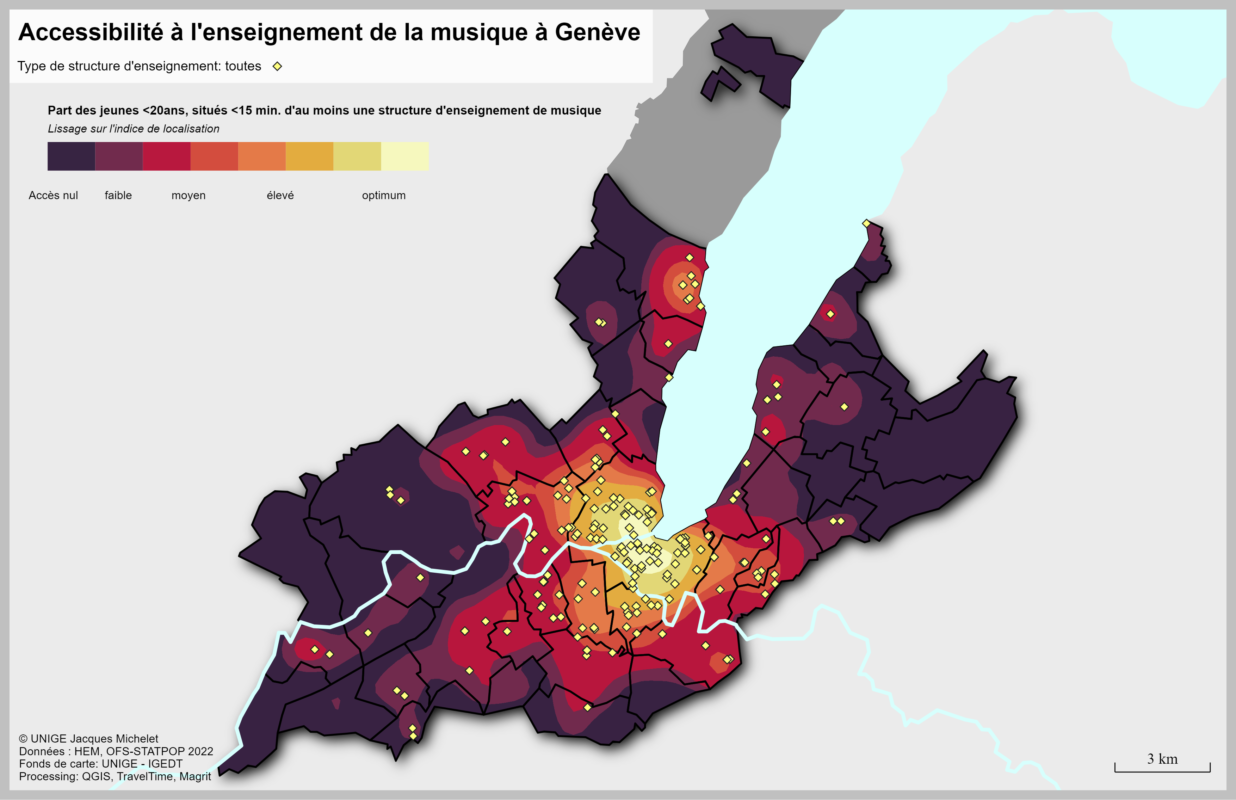The energy crisis and its negative impact on culture
More than the possible risk of shortages and drastic power cuts, cultural circles are suffering the financial impact of rate hikes.
As a result of a profound imbalance between energy supply and demand, Europe is currently experiencing its worst energy crisis since the oil shocks of 1973 and 1979. Already in the summer of 2021, gas prices had risen sharply as a result of reduced Russian exports, before these were used this spring as blackmail to ease Western sanctions and undermine European support for Ukraine. On the markets, the price of gas largely determines the price of electricity. Unluckily, other factors added to the upward trend: more than half of France's nuclear reactors were shut down at the end of the summer, due to various works (program aimed at extending the possible operating life of the oldest reactors, ten-yearly maintenance, repairs following corrosion problems in a cooling system), while drought was lowering river levels to the point of compromising hydroelectricity production, the operation of thermal power plants or the river transport of coal.
In Switzerland, companies or local authorities consuming more than 100,000 kWh per year and having opted for free-market supply, benefiting from preferential tariffs in recent years, will see prices rise drastically (e.g. 1600% for the Vaud commune of Saint-Prex!). As a result, some cultural institutions that are not in public hands are likely to find themselves in financial difficulty. The situation in Switzerland could have been worse for small consumers if the market had been totally liberalized, a solution fortunately rejected in the federal referendum of September 22, 2002, but regularly called for by right-wing circles. As Reto Wyss of the Union Syndicale Suisse points out: "Firstly, the fact that we have so far succeeded in preventing total liberalization of the electricity market has protected small consumers from brutal price rises on international energy markets. And secondly, in basic supply, the renewable electricity produced in Switzerland (which still accounts for two-thirds of the total) cannot be charged more than the cost of production." However, as Switzerland is not self-sufficient in electricity, especially in winter, suppliers have to import the power they don't produce themselves, at deregulated rates on the free market, where producers see their profits soar to the detriment of end customers (the population, businesses and local authorities). The bill is likely to be exacerbated by the fact that the Swiss Confederation plans not to cover the costs of the hydroelectric reserve and the additional expenses of the transmission system operator Swissgrid, sums of several hundred million francs that would be paid by the end customers themselves. The solution to this problematic situation lies in accelerating domestic production of renewable energy, with the support of public authorities.
Consequences for cultivation
Already hard hit by the consequences of the Covid-19 pandemic, the cultural sector now has to contend with rising heating and electricity rates, which can have a major impact on operating costs, all the more so when the activity takes place in large, energy-hungry halls. In Germany, a country severely affected by the crisis due to its dependence on Russian gas, the Mannheim Philharmonic Orchestra, an orchestra financed solely by private funds, has had to make the radical decision to shorten its season, which will only open at the end of December. It's not out of the question that other ensembles will also be forced to cut their seasons, especially if rental costs become too onerous. Others, especially if they own the premises, will be able to limit costs in a variety of ways. In the case of lowering the temperature of the rehearsal room or concert hall (a degree or two less already results in savings of around 7 to 15%), it goes without saying that the comfort of the musicians remains essential, especially as this optimizes the quality of the musical performances. Among original solutions, starting evening concerts earlier to avoid the coldest hours of the night was one that appealed to the Philharmonie de Paris. Lowering the temperature or air-conditioning of buildings when no activity is taking place should also become the norm. In the longer term, better insulation of non-renovated buildings - which are all too often veritable heatwasters - and, if necessary, a change of heating system, are essential. As long as visibility on stage is not impaired, a reduction in lighting in the hall (one chandelier out of two, or half as many bulbs during intermission and before and after concerts, even dimmer lighting, or even no lighting at all during concerts) shouldn't bother the audience too much, except perhaps those who prefer to read the program notes during the concert. The increasingly widespread use of light-emitting diodes (or LED bulbs) is already generating substantial energy savings. These energy-saving measures also contribute to the energy turnaround that is essential in the fight against global warming.
If the situation were not to ease, if the winter season were to be relatively cold, and if the voluntary reduction in consumption were to prove insufficient, prolonged blackouts or imposed restrictions would be the order of the day, potentially interrupting rehearsals, concerts or performances, or preventing cultural venues from opening on certain evenings. We haven't reached that point yet, thanks in particular to the Swiss pumped-storage stations that ensure good grid stability. But we can see that if the energy transition had been quicker throughout Europe, and in Switzerland in particular, dependence on fossil fuels and their powerful lobbies would have been reduced, and prices would not have soared so high. As it happens, the oil crises of half a century ago didn't create a lasting, decisive awareness any more than scientists' decades-long calls to reduce our carbon footprint did.








